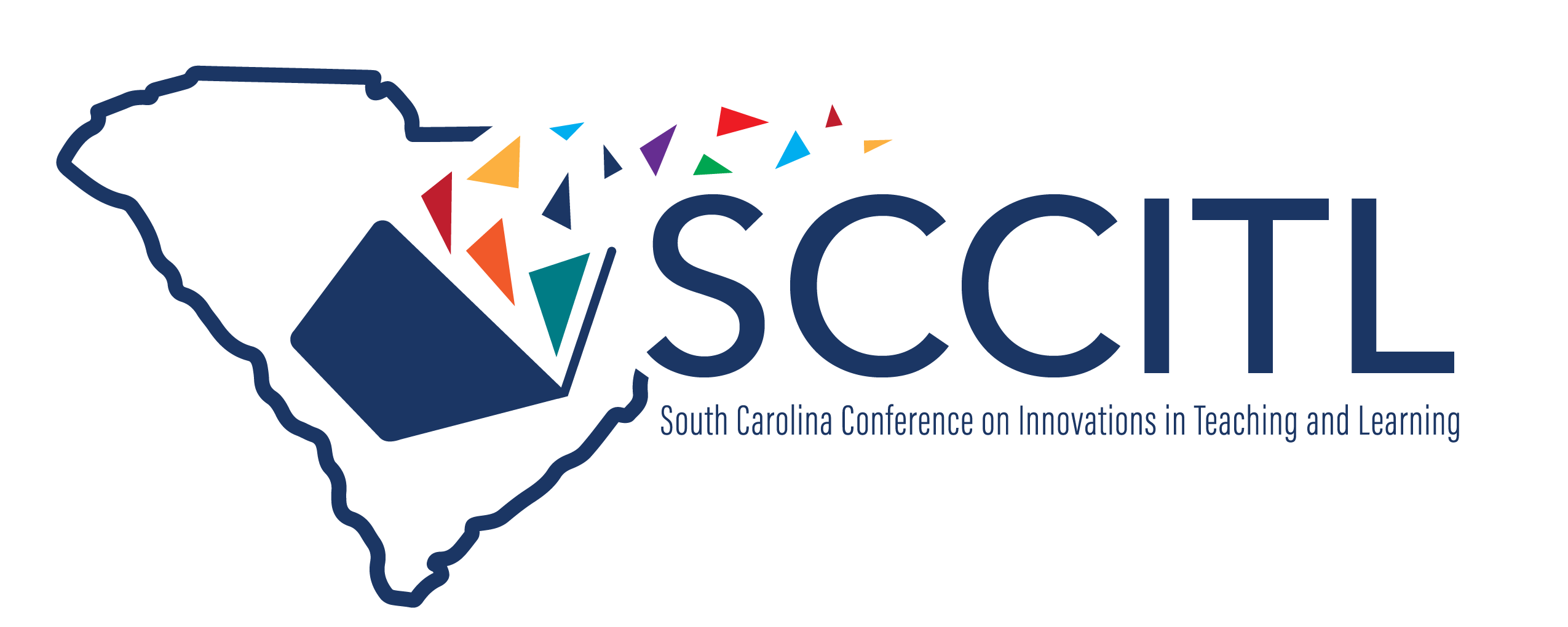CAPs on Instruction
Track Choices
Instructional Technology
Abstract
Teacher education is tasked with preparing future teachers in the use of evidence-based practices. Finding time for instruction of all the tools that are available is sometimes difficult, and with the recent urgency to provide distance learning alternatives, technology can offer a means for teacher educators to teach additional information and provide preservice teachers (PSTs) with opportunities to practice evidence-based strategies prior to in-the-field experiences (Kennedy et al., 2016). Content Acquisition Podcasts (CAPS) are a type of multimedia learning tool that incorporates Mayer's (2009) Cognitive Theory of Multimedia Learning. CAPs use narration combined with minimal on-screen text and still images to teach instructional procedures (e.g. Ely, Pullen, Kennedy, & Williams, 2015). Research has demonstrated positive results for CAPS' ability to increase preservice teachers' knowledge of instructional practices for students with and without disabilities and for teaching content material to students with disabilities.
CAPs on Instruction
Zoom Room 2
Teacher education is tasked with preparing future teachers in the use of evidence-based practices. Finding time for instruction of all the tools that are available is sometimes difficult, and with the recent urgency to provide distance learning alternatives, technology can offer a means for teacher educators to teach additional information and provide preservice teachers (PSTs) with opportunities to practice evidence-based strategies prior to in-the-field experiences (Kennedy et al., 2016). Content Acquisition Podcasts (CAPS) are a type of multimedia learning tool that incorporates Mayer's (2009) Cognitive Theory of Multimedia Learning. CAPs use narration combined with minimal on-screen text and still images to teach instructional procedures (e.g. Ely, Pullen, Kennedy, & Williams, 2015). Research has demonstrated positive results for CAPS' ability to increase preservice teachers' knowledge of instructional practices for students with and without disabilities and for teaching content material to students with disabilities.


